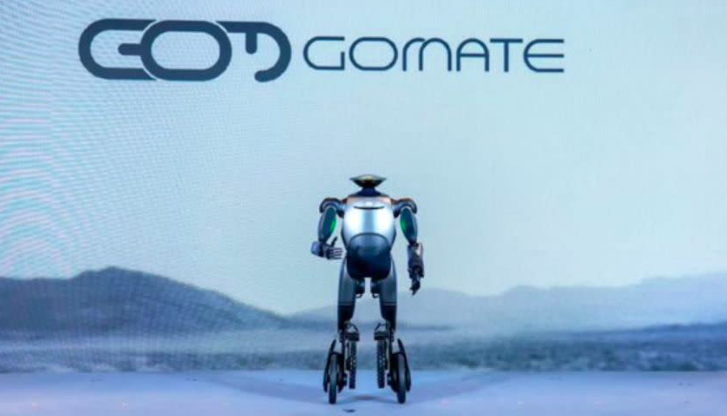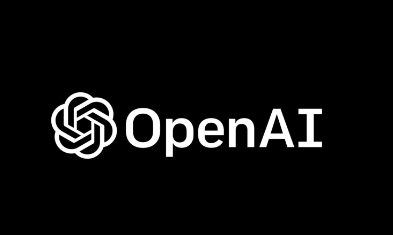EngineAI Unveils PM01 Humanoid Robot: Advancing Embodied Intelligence
EngineAI Robotics recently announced the launch of the PM01, a state-of-the-art humanoid robot that represents a significant advancement in embodied intelligence. Unveiled on December 26, 2024, the PM01 is designed as a lightweight, highly dynamic robot equipped with comprehensive open-source capabilities. This launch follows the success of their earlier model, the SE01, and introduces two versions of the PM01—a commercial and an educational version—both priced at 88,000 yuan until March 31, 2025. These versions are available globally, with the commercial version offering upgrade rights to the educational version.

The PM01 boasts several technical enhancements over its predecessors, including a height of 1.38 meters, a weight of approximately 40 kilograms, and 24 degrees of freedom, allowing it to move at speeds up to 2 meters per second. Notable features include a 320-degree waist rotation and advanced motion capture technology, which enable the robot to perform complex movements and replicate human motion with high accuracy. The PM01’s smart control interface, reminiscent of Iron Man’s core screen, offers an intuitive way for users to interact with the robot, integrating various intelligent functions and enhancing the user experience.
GAC Unveils GoMate Humanoid Robot: Marking a New Era in Robotics
GAC Group has announced the launch of GoMate, a cutting-edge humanoid robot, as it ventures into the robotics domain alongside its established automotive business. This strategic expansion was revealed on December 26, 2024, positioning GAC to leverage advanced robotics technology to diversify its technological pursuits. GoMate is set to commence small-scale production in 2026, aligning with GAC’s long-term vision for innovation in both the automotive and robotics industries.

GoMate is designed to be a multifunctional robot, capable of various applications that promise to revolutionize not just industrial processes but also everyday human activities. This robot embodies GAC’s commitment to pushing technological boundaries and is expected to play a pivotal role in the company’s future growth strategies. The robot’s introduction is part of GAC’s broader initiative to contribute to and capitalize on the rapid advancements in artificial intelligence and automation technologies.
OpenAI Funds $1 Million AI Ethics Study at Duke University
OpenAI has allocated $1 million to Duke University to investigate the intersection of artificial intelligence and human morality. The grant supports the university’s Moral Attitudes and Decisions Lab (MADLAB) in their project entitled “Making Moral AI.” The initiative aims to develop a “moral GPS” that could guide AI systems in making ethical decisions, potentially influencing fields as diverse as healthcare, law, and business. This interdisciplinary research draws from computer science, philosophy, psychology, and neuroscience to understand how moral decisions are formed and how AI might simulate or support these processes.

The “Making Moral AI” project at Duke addresses several critical questions about the capability of AI in ethical reasoning and the potential risks involved. Can AI systems truly comprehend the complex nuances of human morals? Should critical ethical decisions remain solely in human hands? The study also explores the practical applications of moral AI, such as navigating ethical dilemmas in autonomous vehicles and corporate governance, highlighting the challenges of integrating comprehensive moral reasoning into AI. With this significant funding, OpenAI and Duke University are paving the way for advances in AI that respects and upholds human ethical standards.
U.S. Launches Manhattan Project 2.0 in Tech Race with China
The U.S. has initiated a bold program, dubbed Manhattan Project 2.0, to achieve a breakthrough in Artificial General Intelligence (AGI), mirroring the historical effort that developed the atomic bomb. This initiative comes as part of a strategic maneuver to counter China’s growing prowess in technology. The U.S.-China Economic and Security Review Commission has recommended this move in a comprehensive report which suggests that AGI could potentially surpass human cognitive abilities, marking a significant escalation in the technological rivalry between the two superpowers.

This ambitious project is part of a broader set of recommendations aimed at tightening controls on technology interactions with China, including significant restrictions on the import of advanced humanoid robots and critical tech exports. These measures reflect deep concerns over national security and technological sovereignty, with the U.S. government proposing to funnel substantial resources and coordination to ensure America retains a competitive edge in the crucial field of artificial intelligence. This step is seen as a crucial pivot in maintaining global tech leadership and securing economic and strategic advantages in an increasingly competitive tech landscape.
